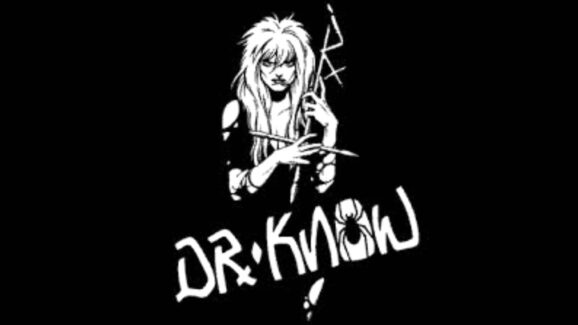[rating=9.00]
Written and Directed by: David Ayer
Starring: Brad Pitt, Shia LaBeouf, Logan Lerman
It’s easy for us, as civilians, to regard a returning solider as a hero. From the comfort of our couch, it seems like such a simple equation. “That guy,” we tell ourselves “is a hero.” We aren’t wrong, of course, in our assessment. To be certain, all of the men and women who have served and currently do serve are, in a very real way, heroes.
But what does that mean, really? Why are they heroes? How does one earn the right to be called heroic? What is it that we’re actually saying? These are the important questions posed by Fury, the new film from David Ayer (End of Watch).
For the vast majority of Americans, war is an abstract concept. We simply have no way to contextualize the horrors of war and, really, no way of understanding what the phrase “horrors of war” actually means. Sure, we can probably use our imaginations. We’ve all seen enough war movies in our day and heard enough war stories from our veteran family members to understand the broad strokes. However, it doesn’t matter how many times we’ve watched Platoon or Saving Private Ryan. It doesn’t matter how many times our uncles tell us about the thick, hellish jungles of Vietnam. We simply cannot understand the full impact war has on the most micro level, the individual.
Fury is, at its heart, a look through the eyes of a soldier on the battlefield — and the psychological toll their experiences have on those who are lucky enough to survive. Fury is more than just a war movie, cutting through the myths of war and soldiering to examine just what exactly we’re asking of those who fight in our name.
The film follows a tank platoon in the waning days of World War II as the Allied Forces push their way towards Berlin. An established, battle hardened crew, they’re joined by new soldier Normal Ellison (Logan Lerman) who must learn that, in times of war, it’s either lose your innocence or lose your life.
Much of the action takes place in the belly of a tank, as they move from mission to mission in their efforts to help finally end this war. The claustrophobic interior of their war machine becomes a sort of symbol for the war itself, as the five man team from disparate backgrounds work together to become something more, something greater, than they can be individually.

Brad Pitt shines as the leader of the crew, Don “Wardaddy” Collier, and perfectly captures the mix of battle-ready diligence and existential angst of his character. His eyes have seen the worst of man, and the weight of that tears at his soul in subtle yet profound ways. Juxtaposed with his greenhorn’s inexperience, we’re given the full spectrum of war’s effects on man. One man is scared to lose his soul, while the other knows it’s already lost.
Fury does a remarkable job at showing us the moral grey lines we ask our soldiers to cross on a daily basis; once again, it’s easy for us here at home to praise our soldiers for their kills, but it’s another thing to look a man in the eye and pull the trigger. No matter the context, the taking of life has an effect on a human being’s psyche. A kill may help the greater cause, but that doesn’t mean it doesn’t change the individual.
To put it simply, Fury feels destined to be lauded come awards season. It’s an incredible, moving film that dives right into the heart of darkness. Ayers’s script and direction pierce the fog of war, presenting viewers with an up-close and unflinching look at its anguish. He masterfully withholds judgment on characters and events with a sort of detached objectivity. Condemnation is not his end game. Rather, it’s an exploration that delves right into the personal and shared hell of war.









